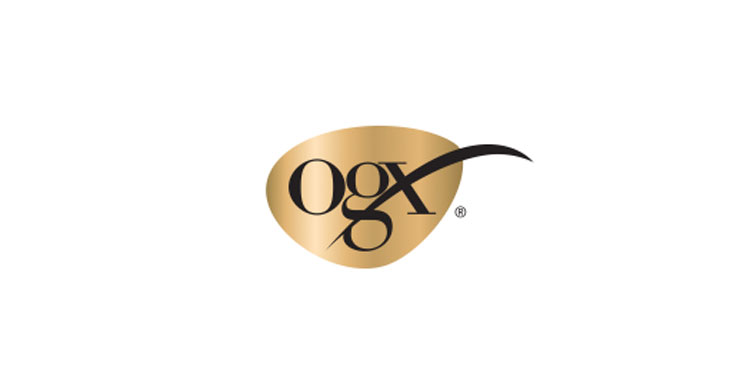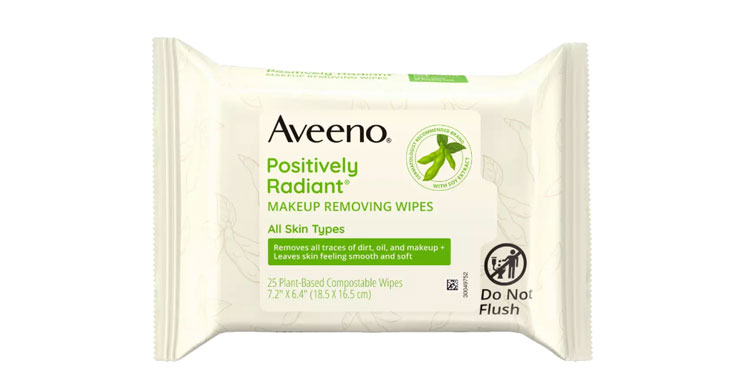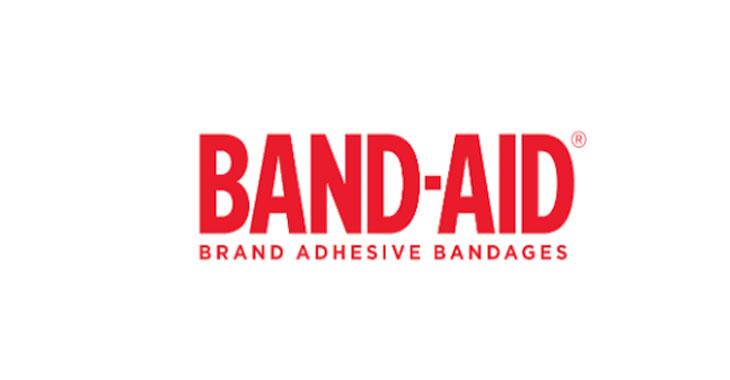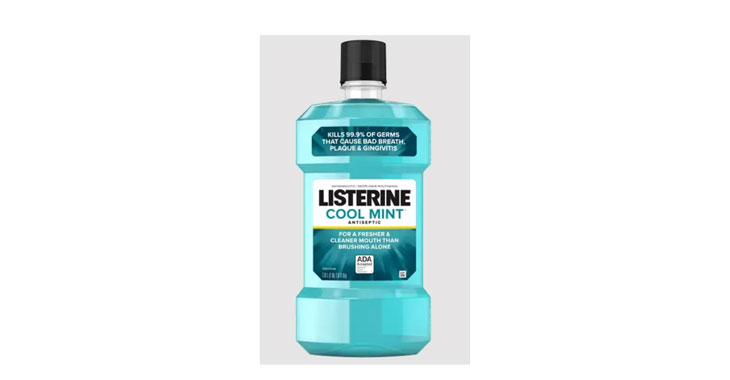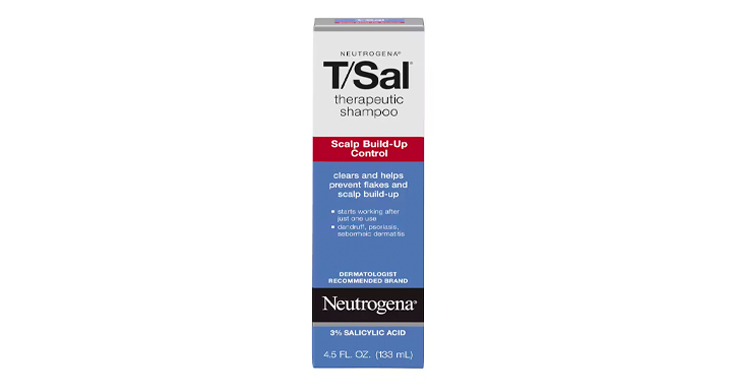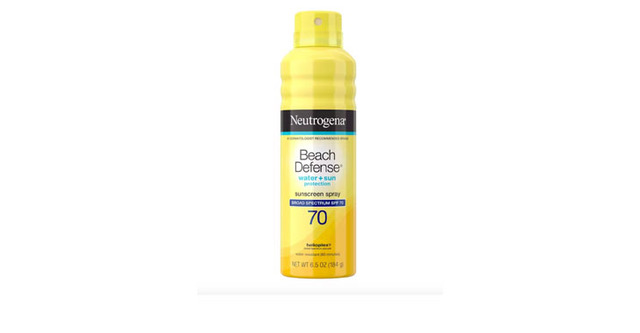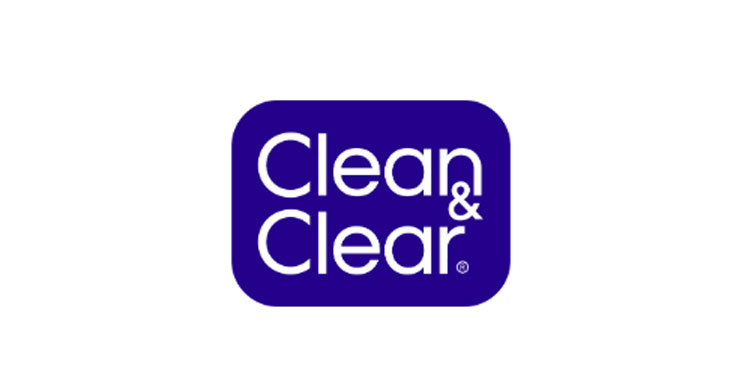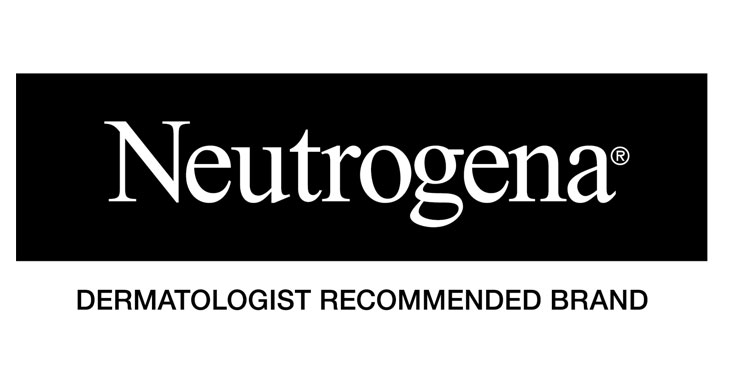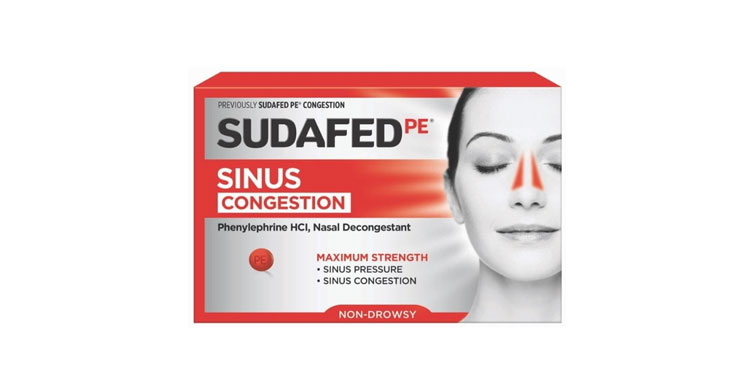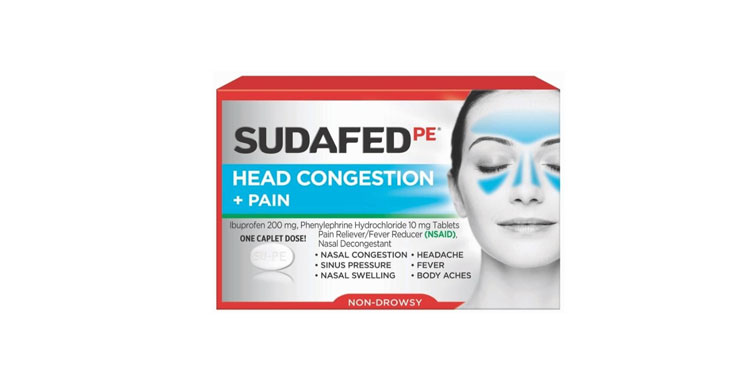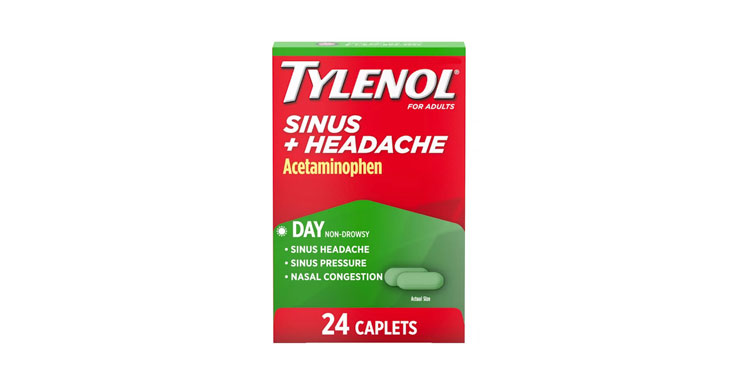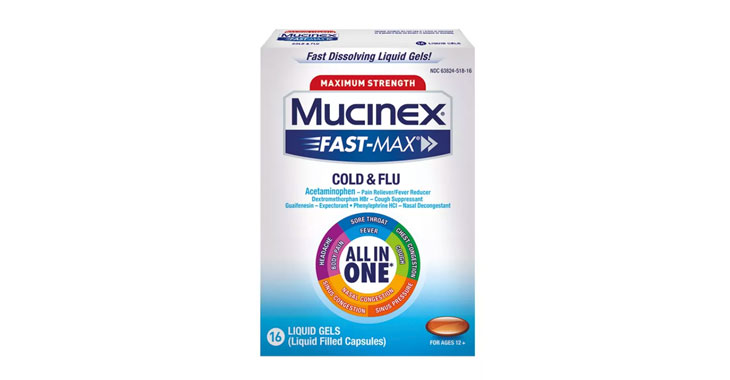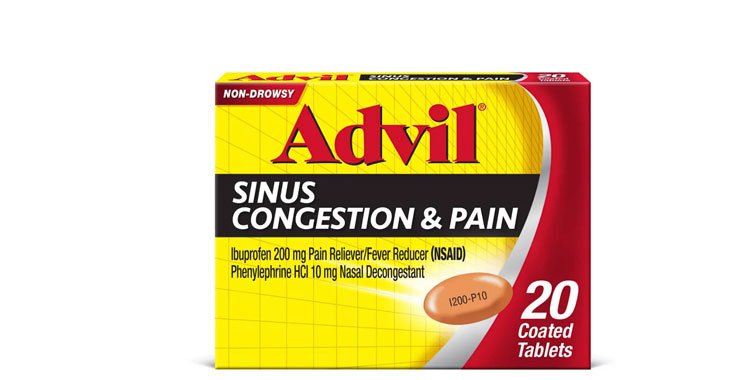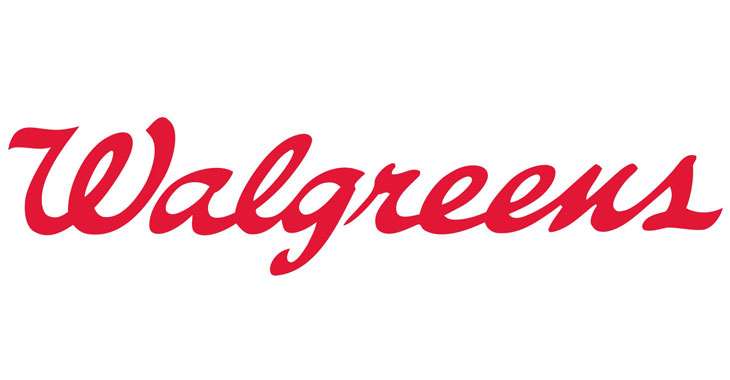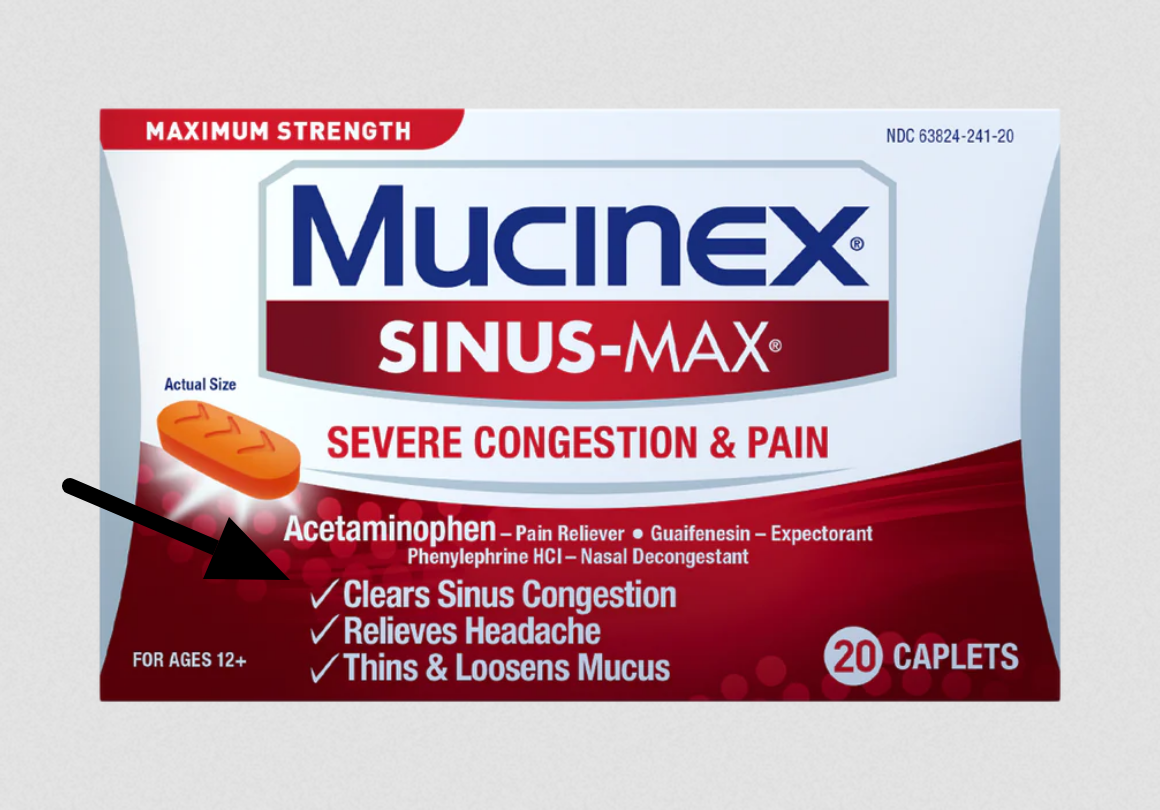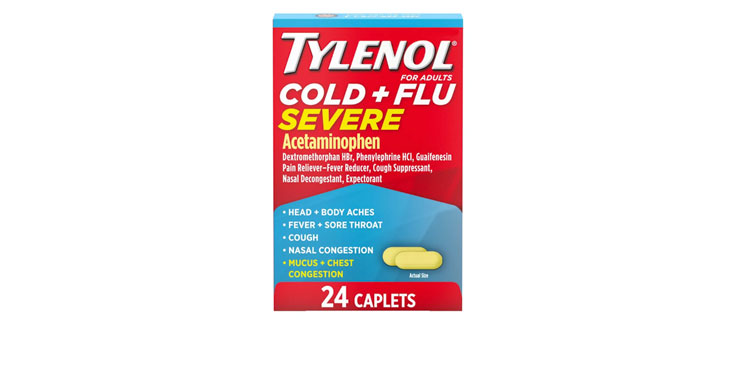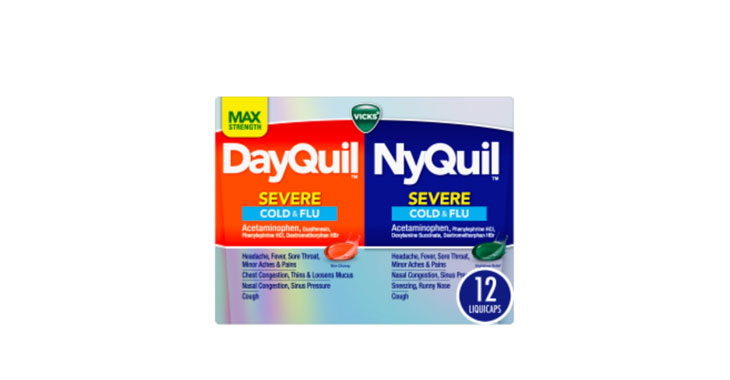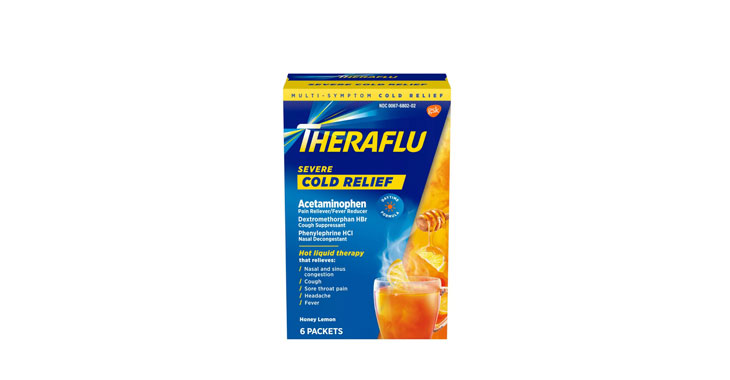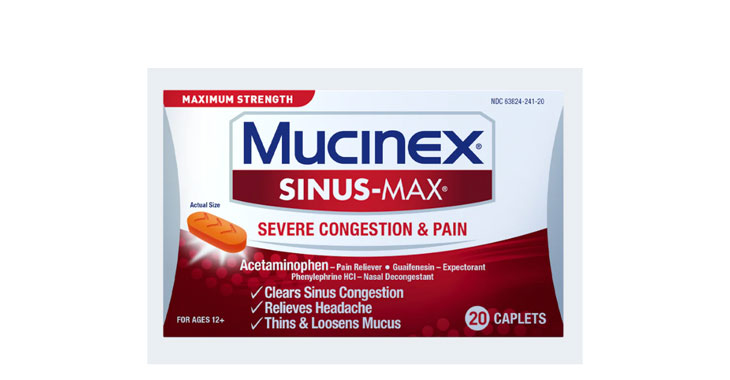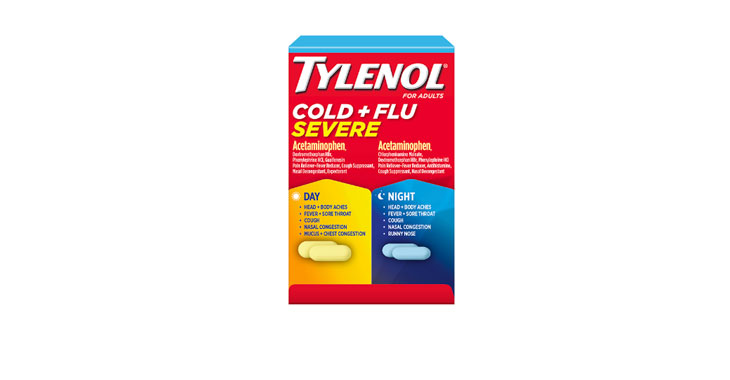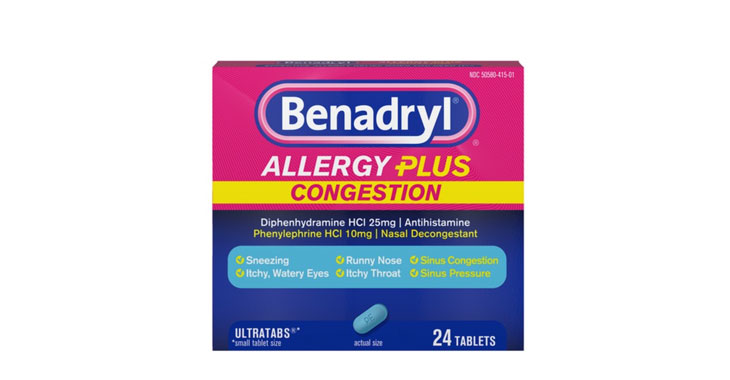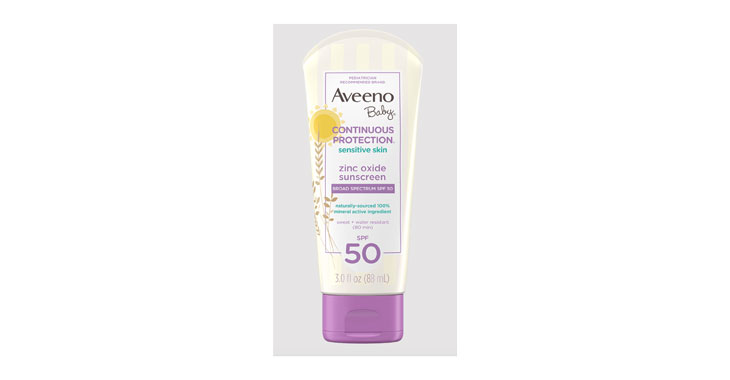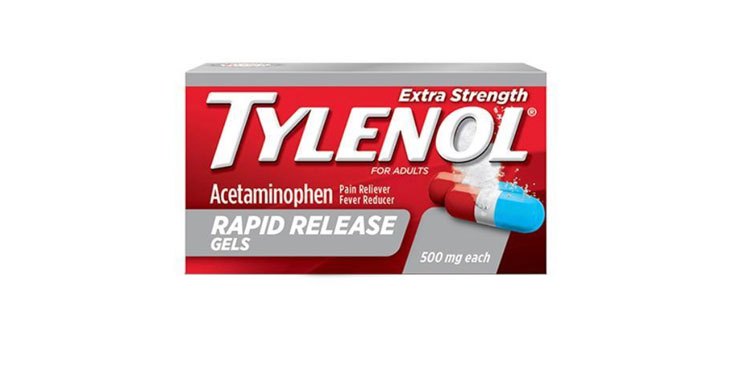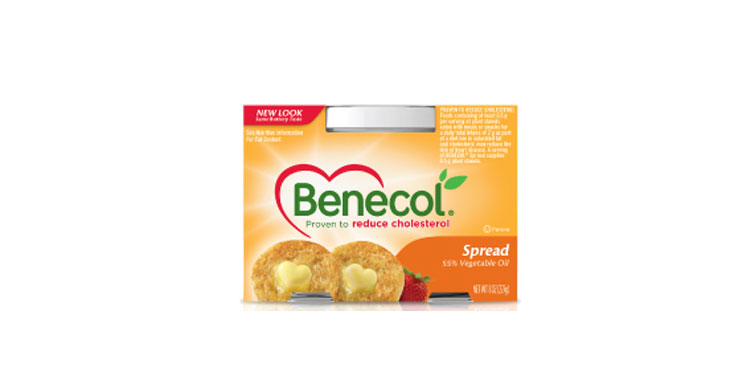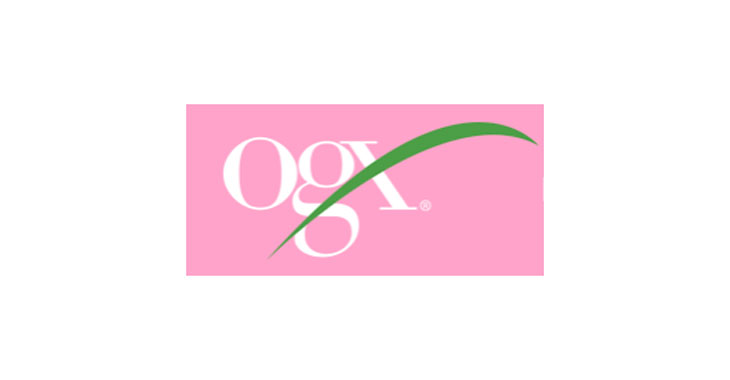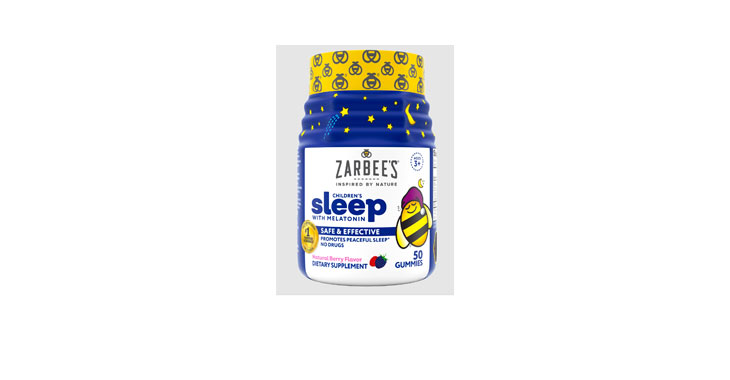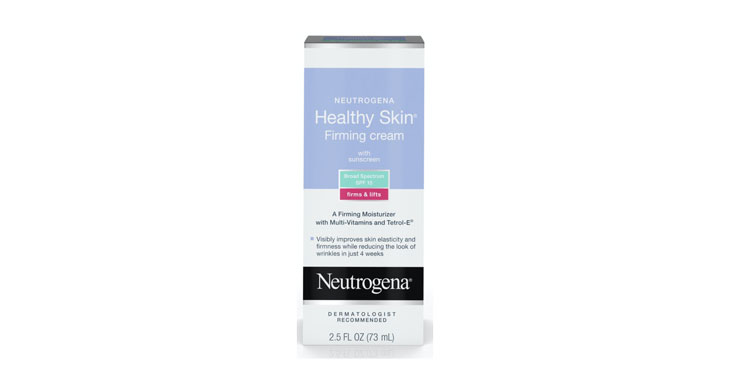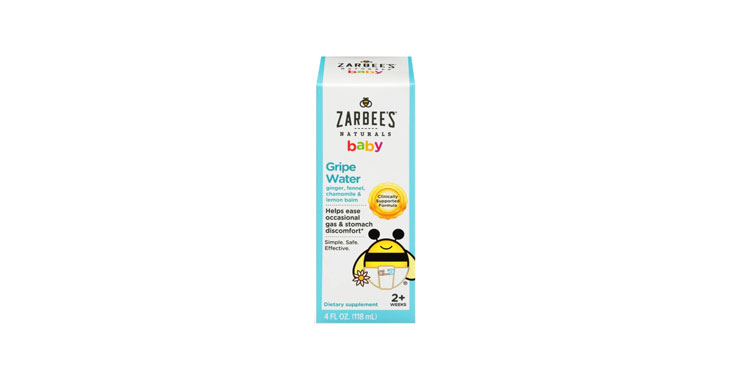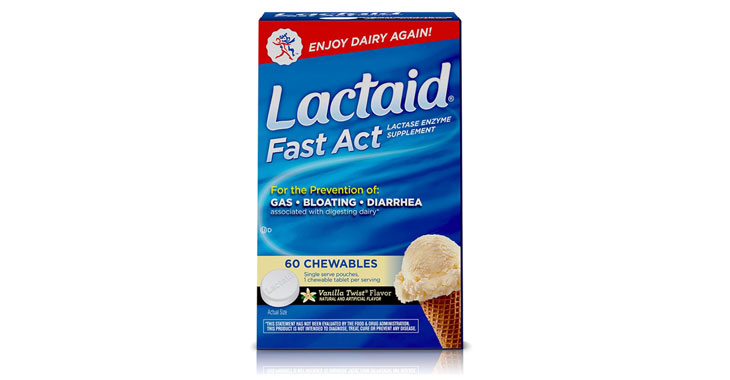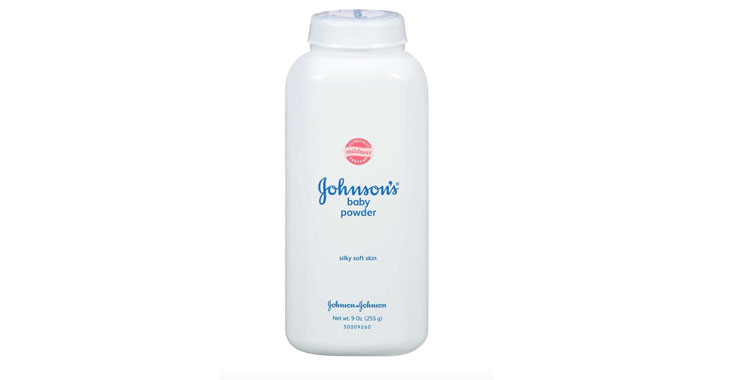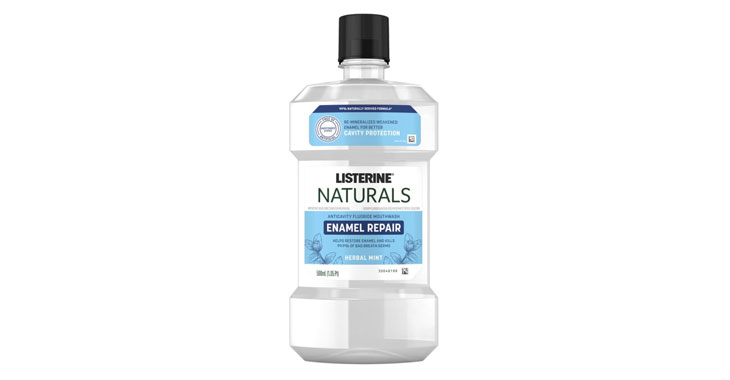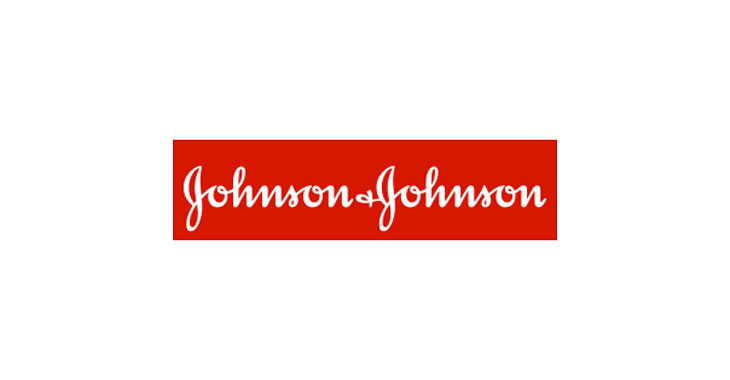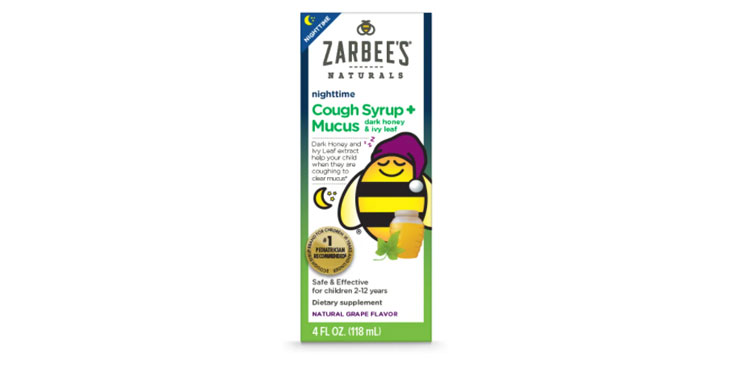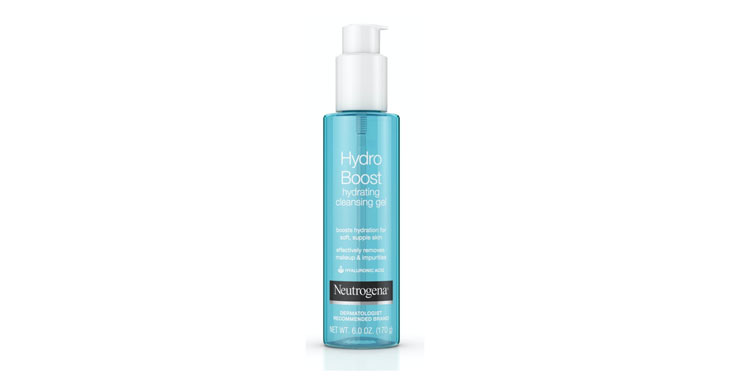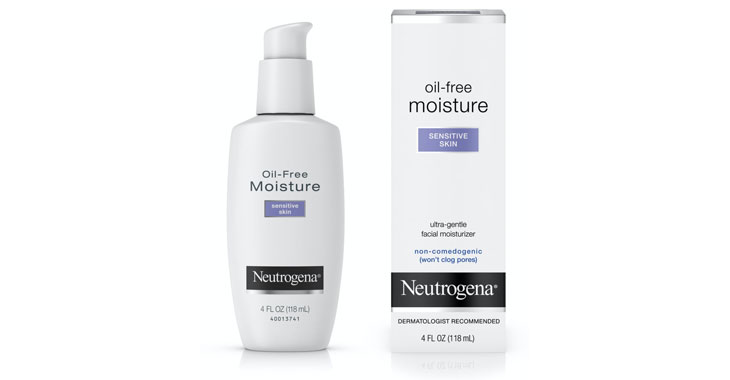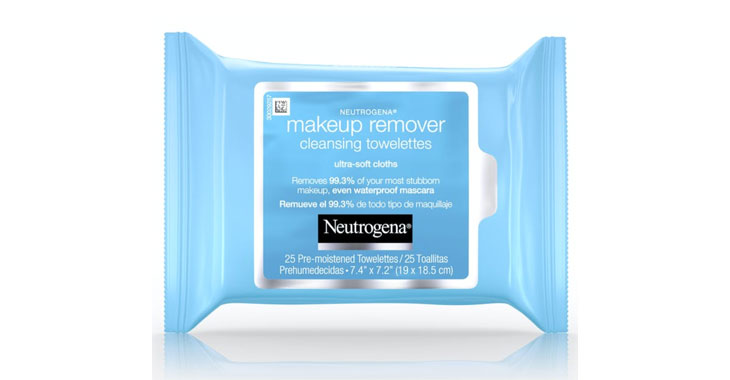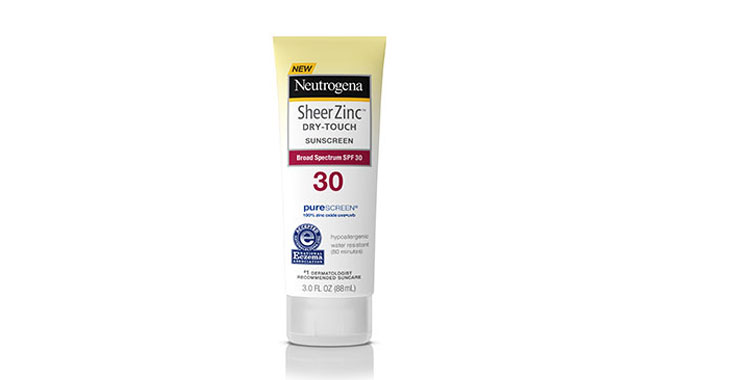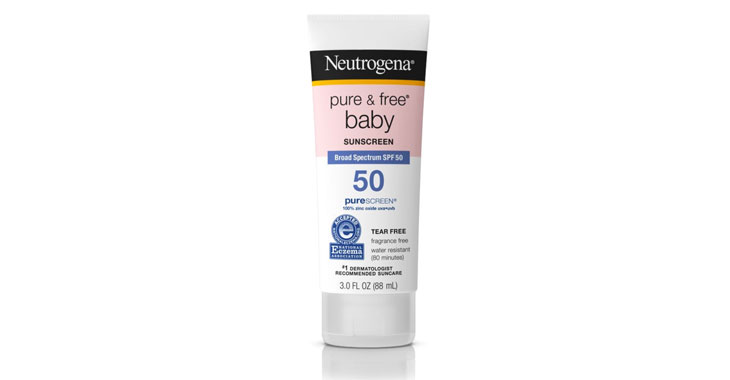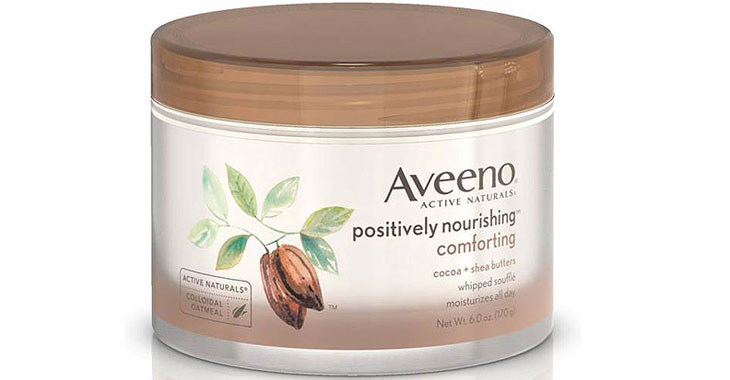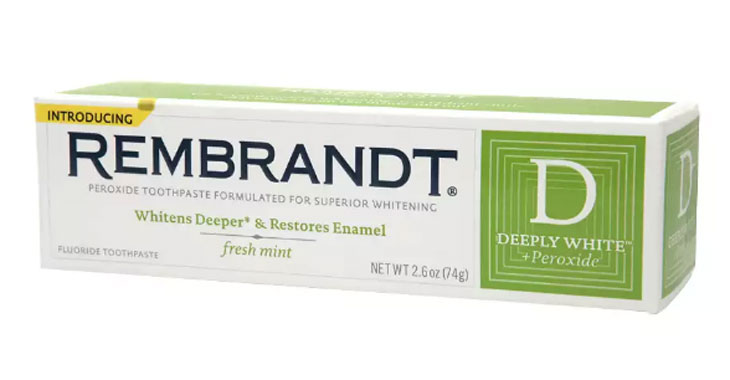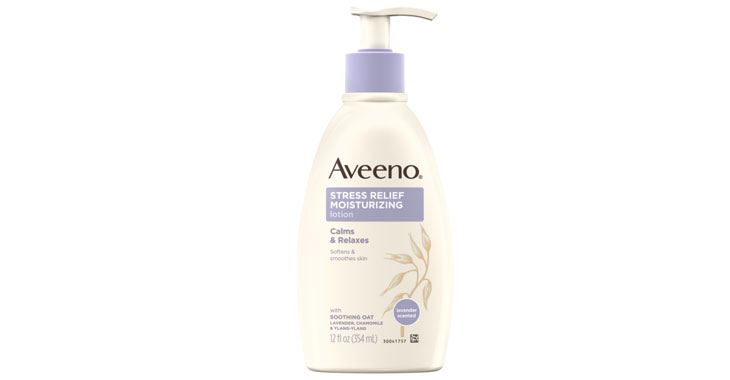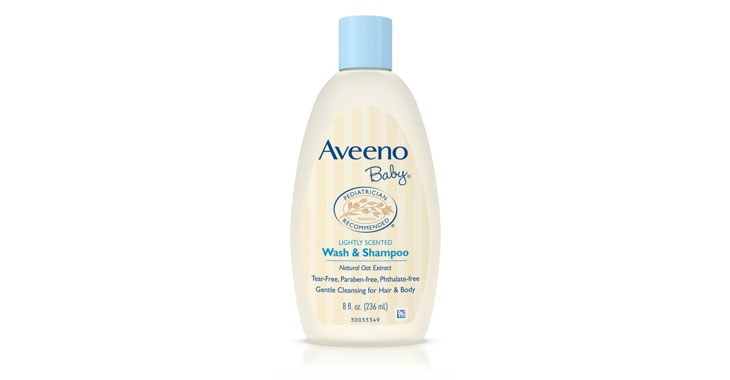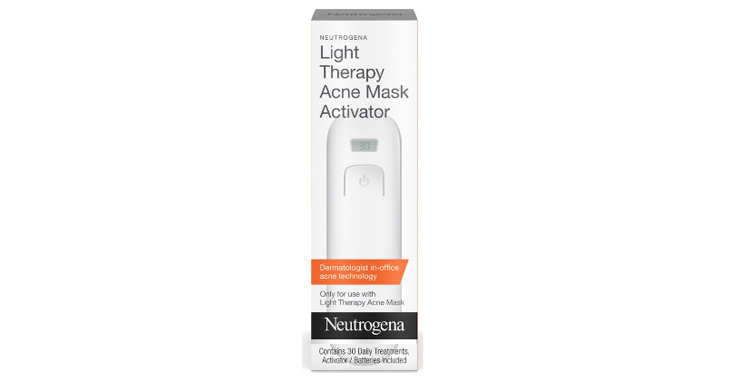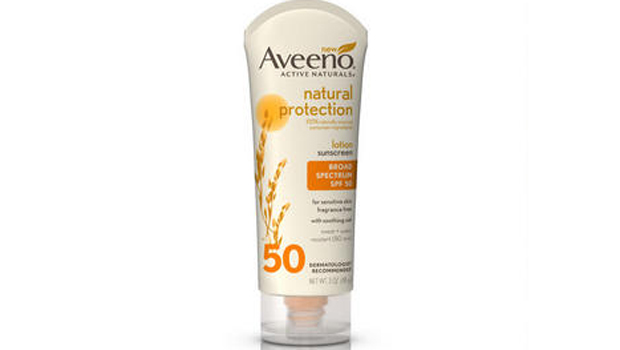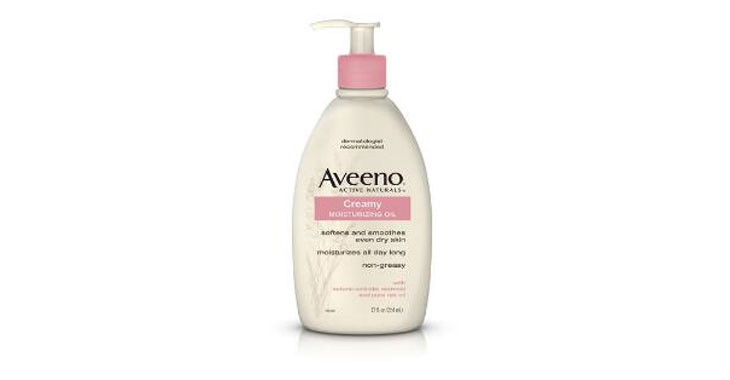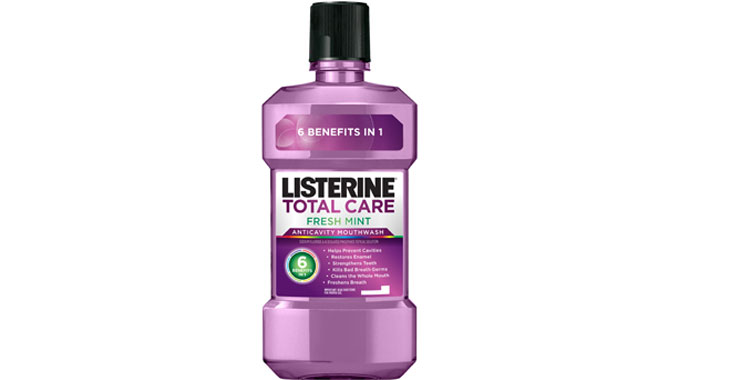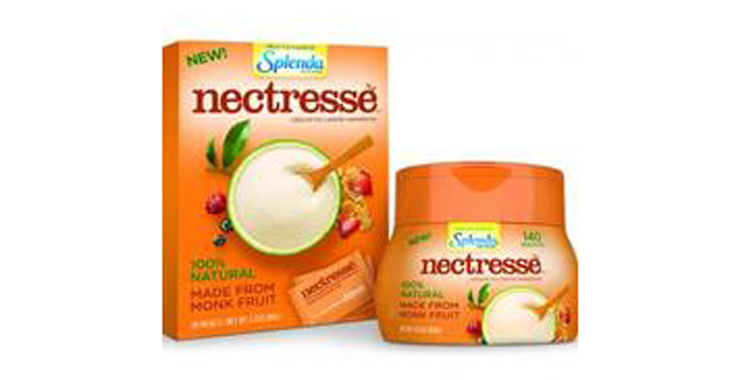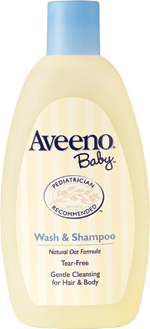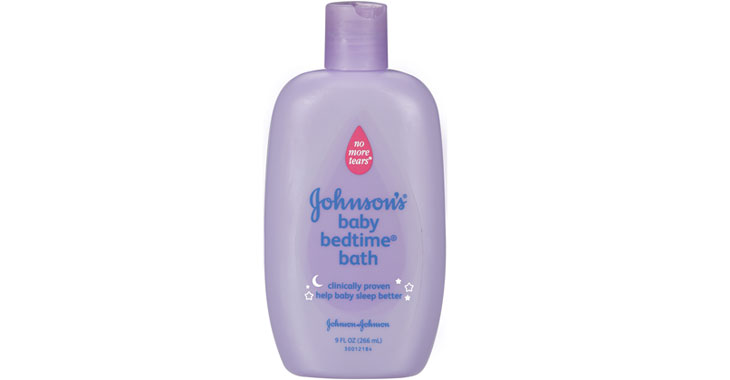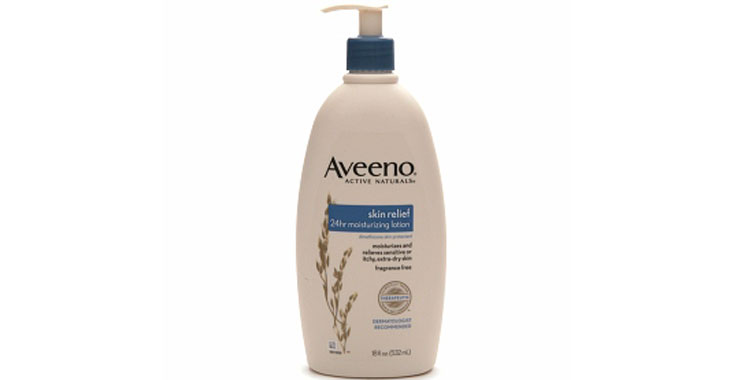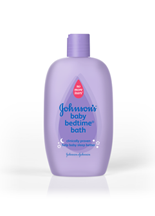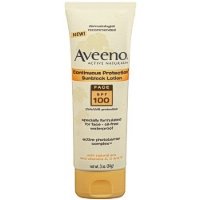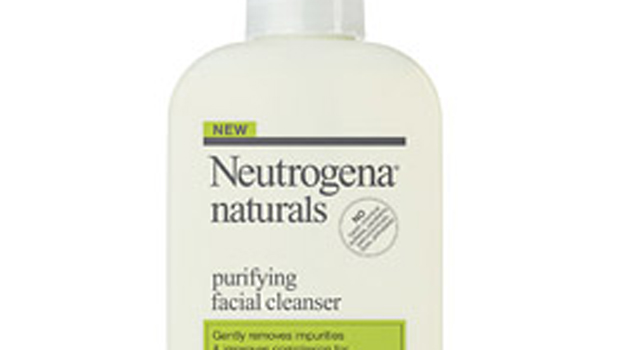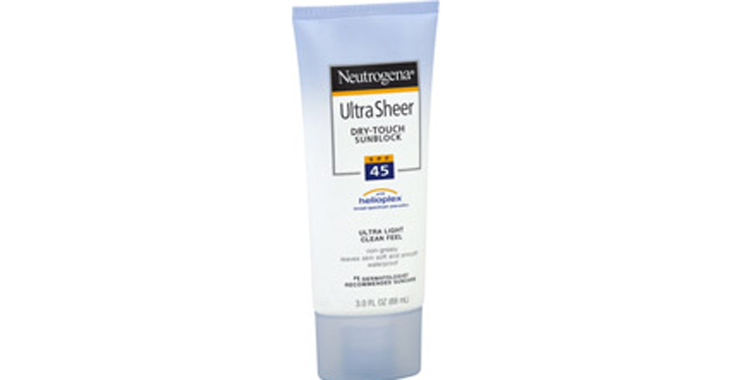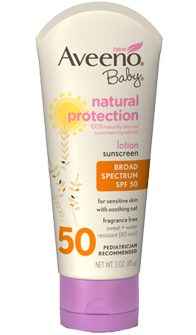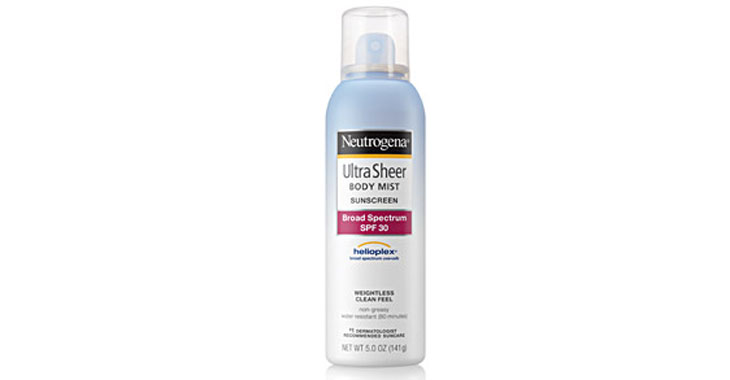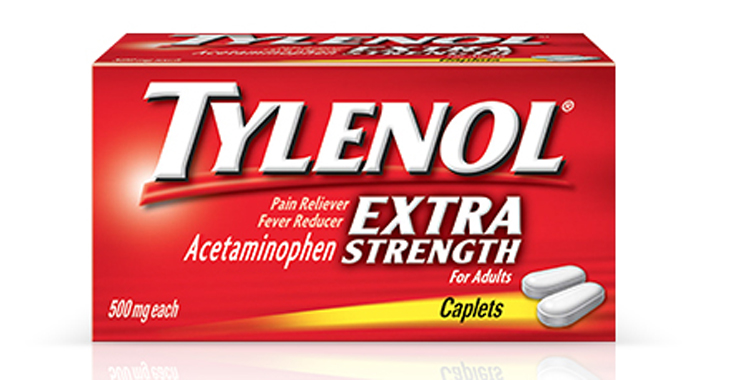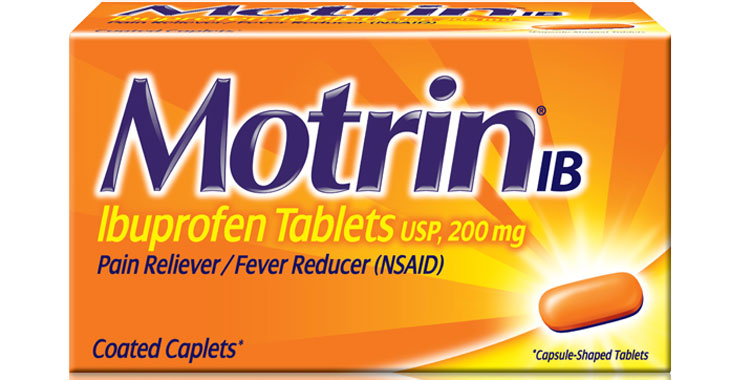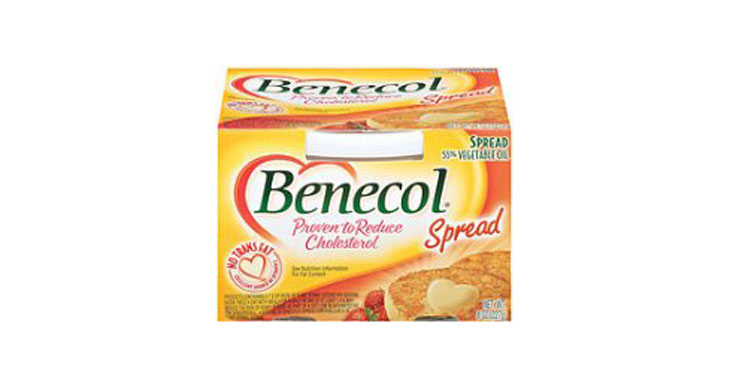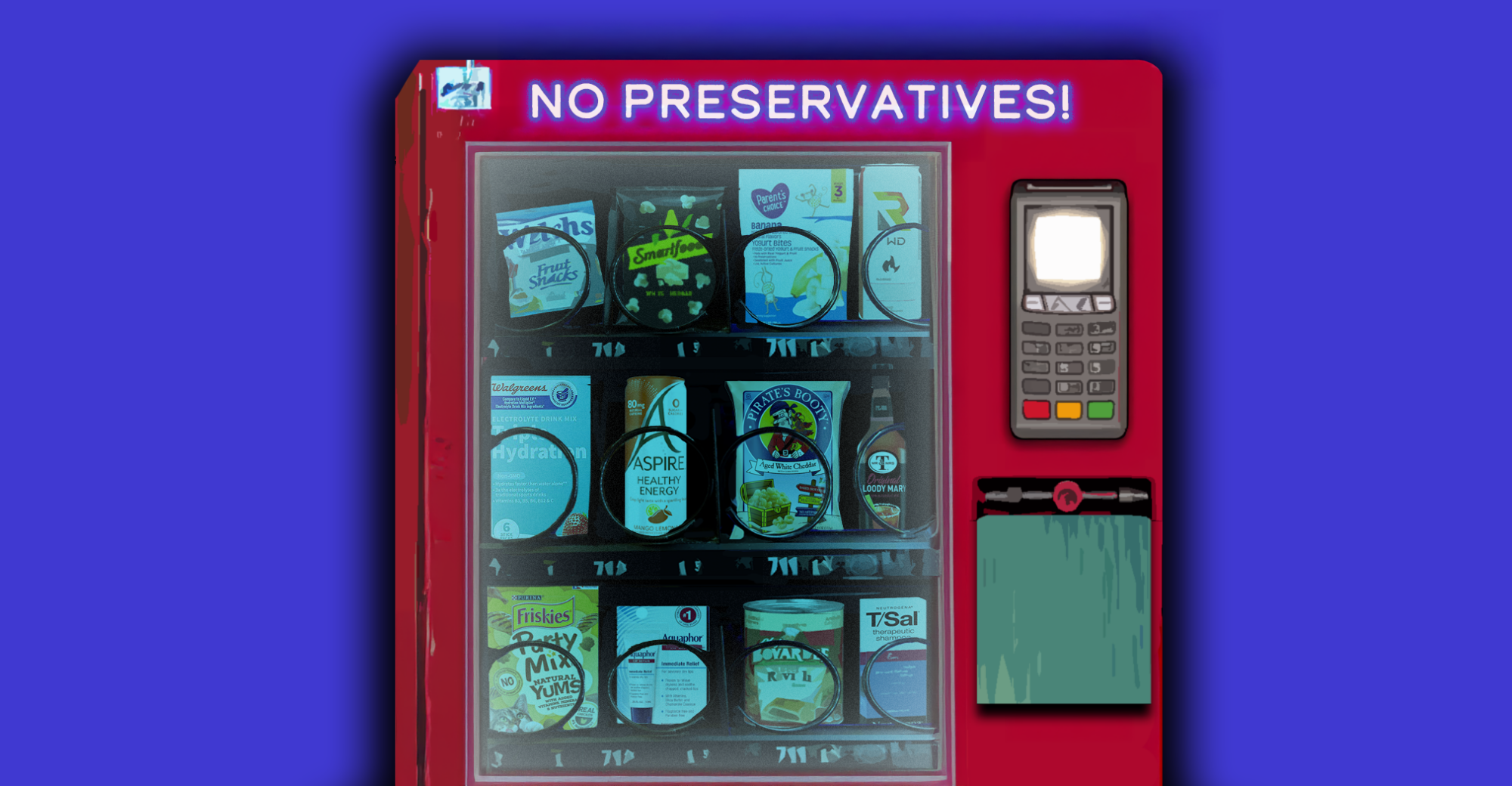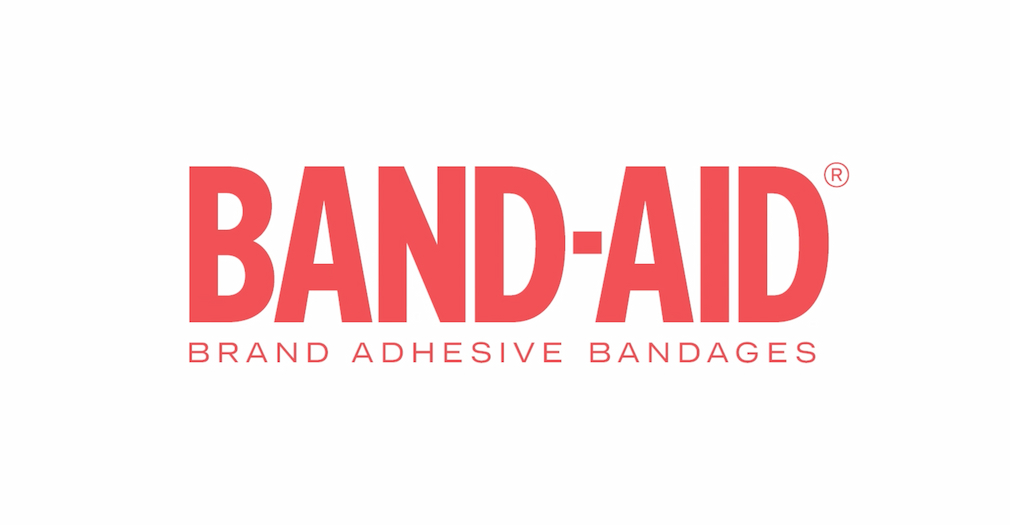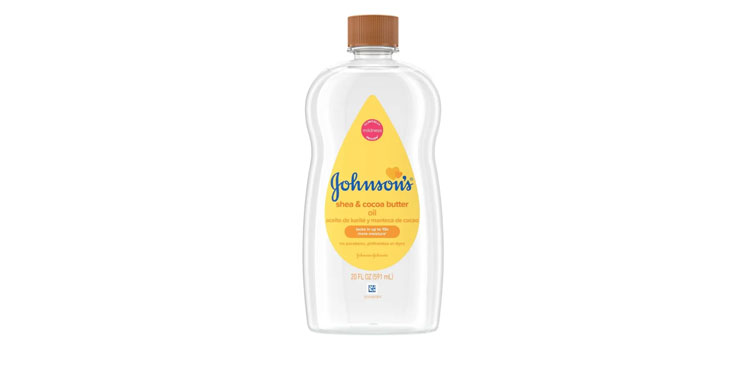
Johnson’s Shea & Cocoa Butter Oil
Allegations: Falsely marketing products as shea and cocoa butter oil when they contain mostly mineral oil
June 2020: A federal court judge granted final approval of the settlement agreement.
December 2019: A federal judge preliminarily approved the settlement agreement. A final fairness hearing is scheduled for June 22, 2020. For more information, go to http://www.infantstylenolsettlement.com/.
September 2019: Plaintiffs moved for preliminary approval of a proposed settlement agreement. According to its terms, class members with proof of purchase may receive $2.15 for every bottle of Infants’ Tylenol purchased while class members without proof of purchase may receive $2.15 for up to seven bottles purchased (or a maximum award of $15.05). In addition, the company agreed to make changes to marketing materials for a period of two years, including modifying the image on the packaging for Infants’ Tylenol so that the child shown is at least two years old and disclosing on its websites and dosage charts for healthcare providers, as well as to consumers who complain or inquire, that the Infants’ and Children’s medicines contain the same concentration of acetaminophen.
November 2017: Plaintiffs filed an amended complaint similarly alleging that Infants’ Tylenol is marketed as “specially formulated for babies” when, according to the complaint, it is the same as the Children’s Tylenol.
October 2017: A class-action lawsuit was filed against Johnson & Johnson Consumer Inc. for allegedly deceptively representing that Children’s Tylenol and Infants’ Tylenol are different products in order to get consumers to pay more for Infants’ Tylenol when, according to plaintiffs, the medicines contain the same ingredients and the same dosages. (Elkies et al v. Johnson & Johnson Services, Inc. and Johnson & Johnson Consumer Inc., Case No. 17-cv-7320, C. D. Cal.)
For more of TINA.org’s coverage of the marketing of Tylenol products, click here.
Allegations: Falsely marketing products as shea and cocoa butter oil when they contain mostly mineral oil
Allegations: Deceptively using slack-filled containers
Allegations: Falsely marketing products as 100% plant-based when they contain synthetic, non-plant ingredients
Allegations: Misleadingly marketing products as safe, healthy, made with the “best ingredients,” environmentally friendly, and committed to the health of consumers, communities and the planet
Allegations: Falsely marketing products as plant based
Allegations: Failing to warn consumers that regularly using the product causes the proliferation of certain cancer-causing bacteria
Allegations: Falsely marketing products as “Preservative-Free”
Allegations: Failing to disclose products contain the carcinogen benzene
Allegations: Misleadingly representing that products were safe when they contained, or were at risk of containing, the carcinogen benzene
Allegations: Failing to disclose that products contain high levels of the carcinogen benzene
Allegations: Falsely marketing that phenylephrine products treat congestion and other cold and flu symptoms
Allegations: Falsely marketing that phenylephrine products treat congestion and other cold and flu symptoms
Allegations: Falsely marketing that medicines treat congestion and other sinus issues
Allegations: Falsely marketing that phenylephrine products treat nasal congestion
Allegations: Falsely marketing that phenylephrine products treat nasal congestion
Allegations: Falsely marketing that medicines treat nasal congestion
Allegations: Falsely marketing that medicines are decongestants
Allegations: Falsely marketing the products treat nasal congestion
Allegations: Falsely advertising sunscreens as waterproof
Allegations: Falsely marketing that medicines treat nasal congestion
Allegations: Falsely marketing medicines as decongestants
Allegations: Falsely marketing that medicines treat congestion
Allegations: Falsely marketing that products treat nasal congestion
Allegations: Falsely marketing that medicines treat congestion
Allegations: Falsely marketing products as decongestants
Allegations: Falsely marketing medicines as nasal decongestants
Allegations: Falsely marketing that medicines treat congestion
Allegations: Falsely marketing that medicines treat congestion
Allegations: Falsely marketing that medicines relieve nasal congestion and sinus pressure
Allegations: Falsely marketing medicines as nasal decongestants
Allegations: Falsely marketing that phenylephrine products treat congestion and other cold and flu symptoms
Allegations: Falsely marketing that medicines relieve nasal congestion
Allegations: Falsely marketing medicines as decongestants
Allegations: Falsely marketing products as decongestants
Allegations: Falsely marketing medicines as decongestants
Allegations: Falsely marketing that medicines treat nasal congestion
Allegations: Falsely marketing that medicines treat congestion
Allegations: Falsely marketing that medicines treat nasal congestion
Allegations: Falsely marketing that medicines treat nasal decongestion
Allegations: Falsely marketing that medicines treat sinus pressure and nasal congestion
Allegations: Falsely marketing that medicines treat congestion and other sinus issues
Allegations: Falsely marketing that medicines treat nasal decongestion
Allegations: Misleadingly marketing products as specially made for babies when they contain the same formulation as the adult versions
Allegations: Falsely advertising that products provide faster relief than other acetaminophen products
Allegations: Misleadingly labeling products as containing no trans fats and being safe for human consumption when the spreads contain partially hydrogenated oils, which are trans fats that increase the risk…
Allegations: Failing to disclose products contain the carcinogen benzene
Allegations: Products contain more melatonin than advertised
Allegations: Misleadingly marketing medicines as “non-drowsy” when an ingredient in them causes drowsiness
Allegations: Marketing products as safe without disclosing that they contain a harmful heavy metal
Allegations: Failing to disclose products contain the carcinogen benzophenone
Allegations: Misleadingly marketing that products “help[] ease occasional gas & stomach discomfort” associated with colic and hiccups in newborns when none of the ingredients have been shown to provide the…
Allegations: Misleadingly marketing that Tylenol rapid release products work faster than other products when they don’t
Allegations: Failing to disclose products contain the carcinogen benzophenone
Allegations: Falsely representing that products smooth, nourish, soften, repair and revive hair without disclosing that ingredients in the products cause significant hair loss and irritate the scalp
Allegations: Misleadingly marketing products will smooth, nourish, soften, repair and revive hair without disclosing that they contain an ingredient – DMDM hydantoin – that causes hair loss and scalp irritation
Allegations: Misleadingly advertising that supplements prevent, treat, cure and mitigate lactose intolerance without FDA approval to make such claims
Allegations: Failing to disclose sunscreens contain the carcinogen benzene
Allegations: Failing to adequately disclose that powders contain a dangerous ingredient
Allegations: Failing to disclose sunscreens contain the carcinogen benzene
Allegations: False natural claims
Allegations: Failing to disclose sunscreens contain the carcinogen benzene
Allegations: Falsely marketing the products are safe and “free of asbestos”
Allegations: False natural and chemical-free claims
A deceptive marketing trend takes root.
How negative feelings surrounding menstruation have influenced period product marketing.
Class-action lawsuits target preservative-free claims.
Some class-action settlements that left consumers behind.
Lawsuit alleges environmental claims don’t stick.
